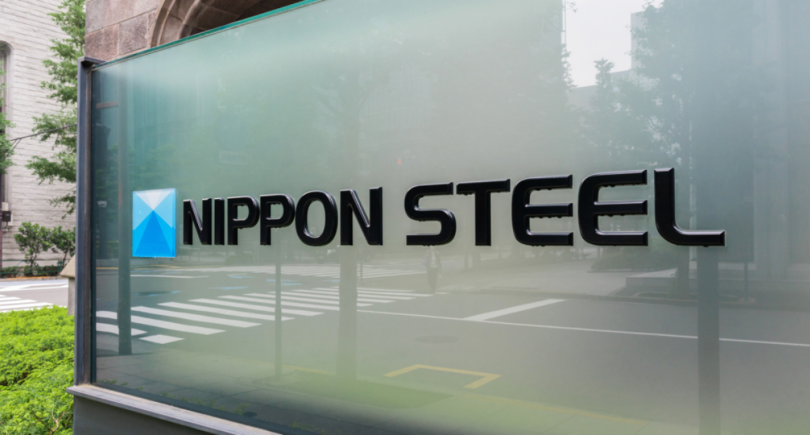
News Companies voestalpine 1125 07 May 2025
Austrian steel giant calls on the government to ensure fair competition in the EU
Austrian steelmaker voestalpine AG has called on the federal government to renew the mechanism for compensating the cost of electricity for energy-intensive enterprises. This is stated in the company’s press release.
In a letter to the authorities, voestalpine emphasized that such support is not a benefit, but a tool provided for by EU law that has been in place in most EU countries for more than a decade. Some of them have extended it until 2030, while in Austria the mechanism is applied only retrospectively to 2022.
Voestalpine CEO Herbert Eibensteiner warns that the lack of sustainable compensation undermines the competitiveness of Austrian industry.
“We create an annual production value of €21.5 billion, pay €2.4 billion in taxes and social contributions, and provide 23,600 jobs in Austria. In return, we expect stable conditions for investment,” he emphasized.
The company is already investing €1.5 billion in the greentec steel project, the largest climate initiative in the country, which involves the transition from blast furnaces to electric arc furnaces. But despite the strategic nature of this project, voestalpine has received less than €100 million in state support. At the same time, in the last four years alone, the company has paid more than €1 billion for CO2 emissions, and this amount is expected to exceed €3 billion by 2030.
Eibensteiner warns that high electricity costs are forcing European customers to look for cheaper suppliers, and voestalpine is losing customers. He urged the government to immediately adopt a permanent compensation mechanism to guarantee fair competition, save jobs and support the green transition of the industry.
Earlier, voestalpine called for easing the conditions for industrial production in Austria. In particular, the company’s CEO outlined key measures that would help strengthen Austria’s economic base:
- abolition of new corporate taxes;
- reduction of labor costs;
- reducing bureaucracy and reporting for companies;
- ensuring affordable energy and compensation for electricity prices by 2030.




